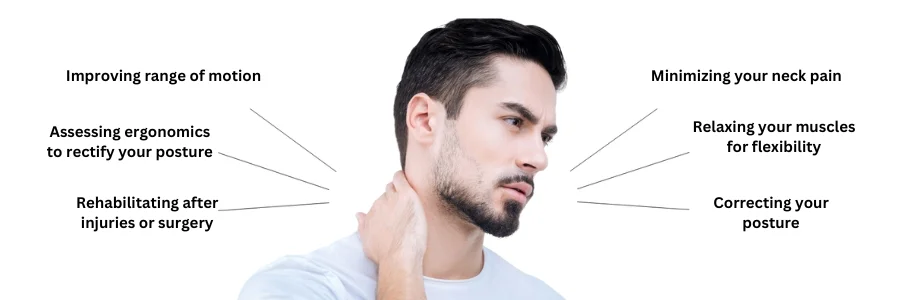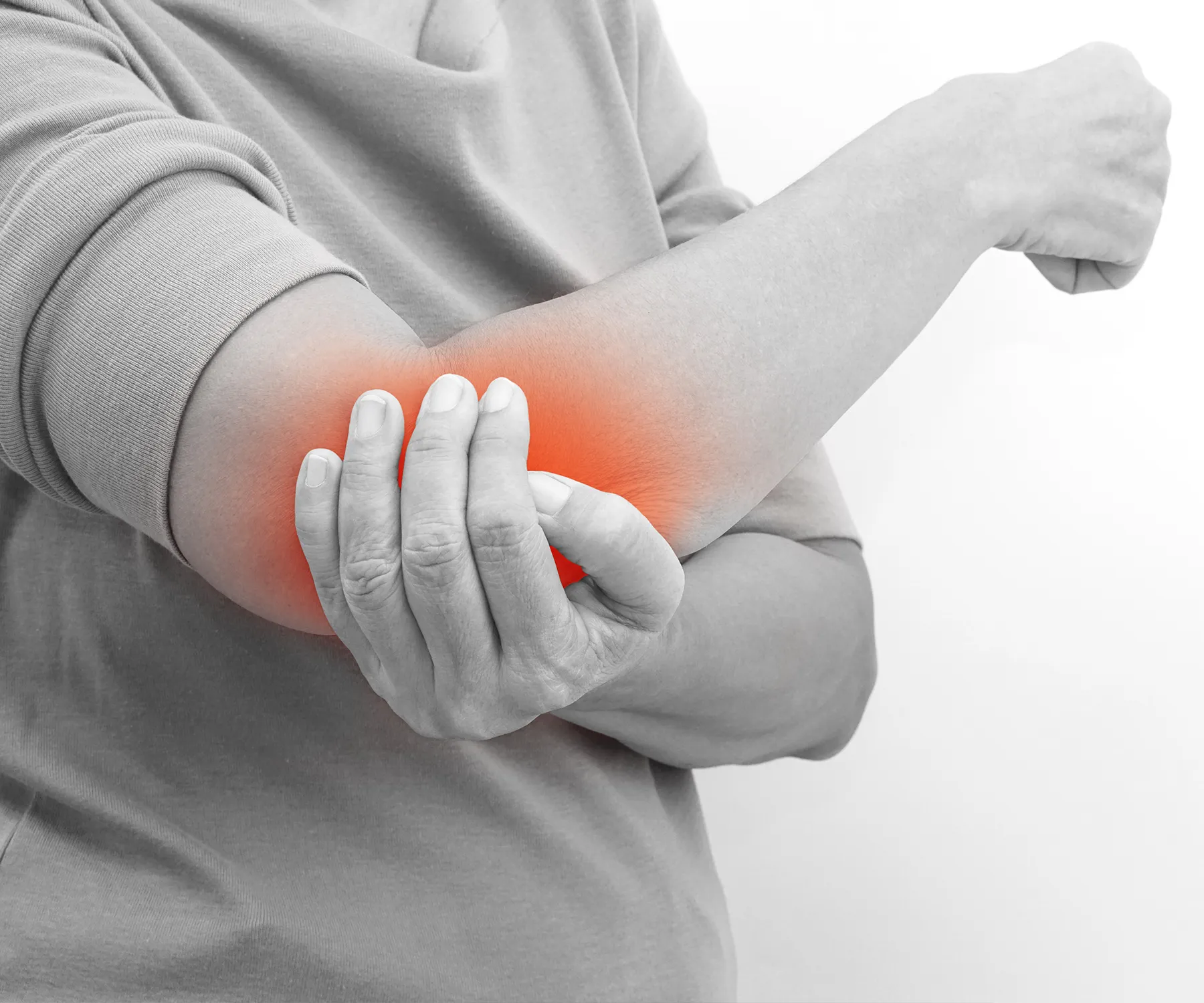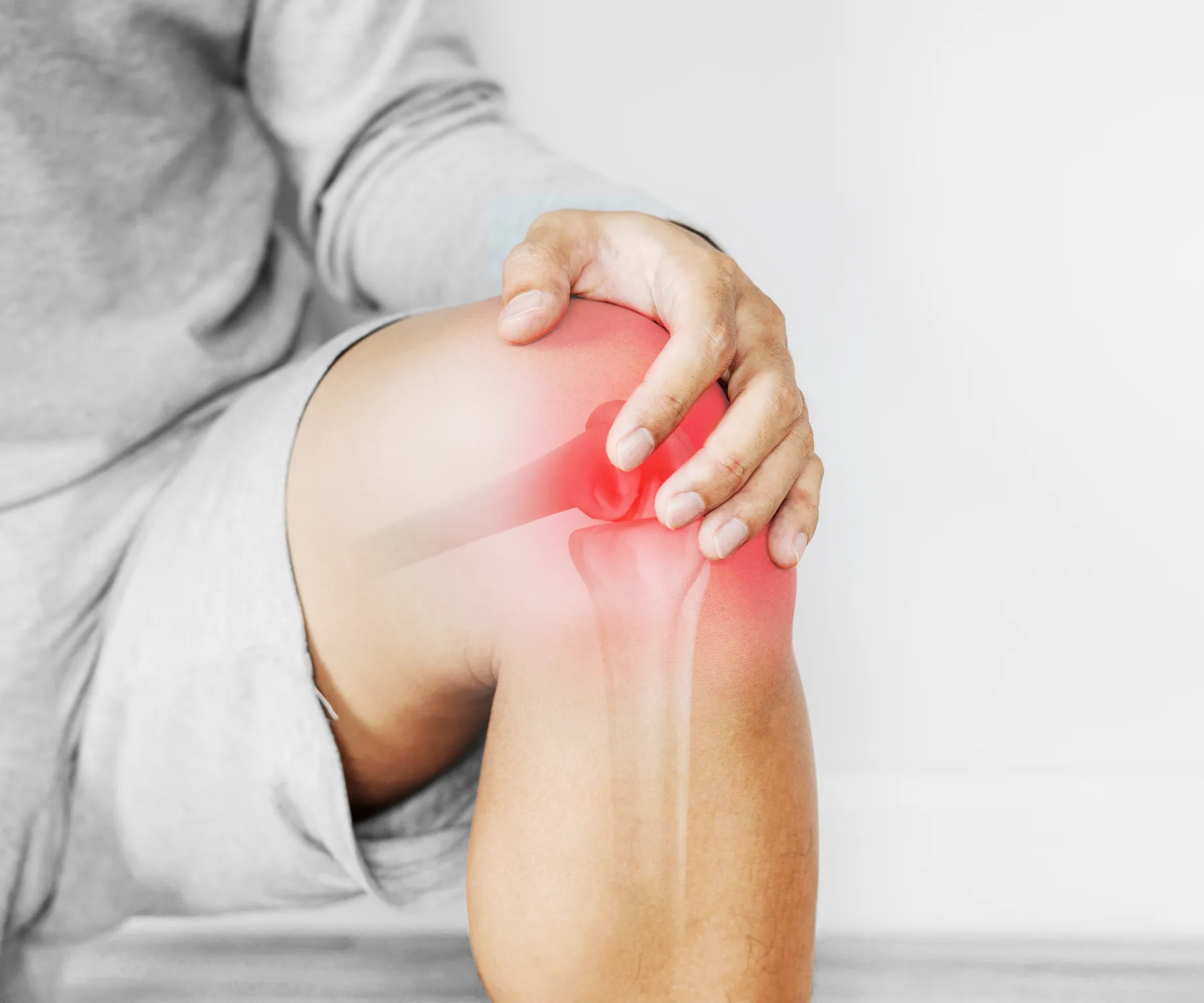
Is the Corporate grind giving you a pain in the neck?
If neck pain is limiting your movement and causing discomfort, making it difficult to carry out day-to-day activities, let us help you.
Our experienced team of professionals is dedicated to addressing the root causes of neck pain, providing personalized solutions tailored to your needs. Access physiotherapy for neck pain.
Has this been happening to you lately?
Stiffness
Sudden neck soreness, stiffness or tightness – may be after long working hours
Discomfort
Nagging discomfort in your neck region, making it difficult to concentrate
Throbbing
Throbbing or shooting pain that radiates to your shoulders, arms, or upper back
Limited Motion
Limited range of motion, hindering your ability to turn your head freely
Headaches
Headaches at the base of your skull or in your temples
Spasms
Muscle spasms, causing additional pain and restricted movement
Piercing Pain
Numbness, tingling, or the irritating “pins and needles” sensation in your neck, shoulders, arms, or hands
Weakness
Weakness in your neck, shoulders, or arms affecting coordination and grip strength
What could have caused pain in your neck?
You could be experiencing neck pain due to a range of reasons. It could be something as simple as muscle strain due to poor posture while sitting for work or an awkward sleeping position or the reason could be more serious like degenerative conditions (osteoarthritis or cervical disc herniation) or underlying medical conditions, such as fibromyalgia or spinal stenosis. Injuries like whiplash from sudden jerking movements such as encountering a pothole while riding a bike can also cause neck pain.
Physiotherapy for neck pain will help you recover by

FAQs related to Neck Pain
How long does a stiff neck last?
Mild to moderate cases of stiff neck typically go away in a few days to a couple of weeks with good self-care and moderate stretching exercises. However, it is advised to contact a doctor if the stiffness lasts for more than a few weeks or is accompanied by excruciating pain, numbness, or other unsettling symptoms.
Can I get rid of neck pain with exercises?
Neck stiffness is cause for concern if it is accompanied by severe pain, immobility of the neck, fever, headache, numbness, or has happened due to a recent injury to the head or neck. These symptoms could be signs of a more serious underlying condition like meningitis, a herniated disc, or an infection.
Are pain killers actually the solution for my neck pain?
Painkillers can temporarily ease neck pain by easing discomfort and lowering inflammation. They do not, however, address the underlying source of the pain or provide a long-term remedy. Contact a healthcare professional to accurately diagnose and prepare a thorough treatment plan.
Is it normal to get headaches with neck pain?
Yes, it is normal to get headaches with neck pain. The neck and head are interconnected; thus, neck muscular stress or strain can lead to headaches. Addressing the underlying neck issue might help relieve both the neck pain and accompanying headaches, which are frequently referred to as “cervicogenic headaches.”
What are the red flags for neck pain?
Severe pain that does not subside with rest or over-the-counter pain relievers, numbness or weakness in the arms or legs, problems managing bowel or bladder function, a fever, unexplained weight loss, or a history of head or neck trauma are red flags indicating that the neck pain is due to a serious cause like an infection, nerve damage, or spinal cord injury.
How do you assess neck pain?
A study of the patient’s medical history, a physical examination, and perhaps diagnostic tests are used to evaluate neck pain. The medical professional will ask about the nature, frequency, and causes of the pain while performing a physical examination to evaluate movement, muscle strength, and any indications of inflammation or structural problems. To further assess the reason of the neck pain, tests such as X-rays or MRI scans may be prescribed.
Can physical therapy help pinched nerve in the neck?
Yes, physiotherapy for neck pain can help relieve a pinched neck nerve. Physiotherapists can treat patients using a variety of methods, including manual therapy, stretching, and exercises, reduce pain, and improve nerve function. Additionally, they can offer advice on how to modify your lifestyle, posture, and ergonomics to avoid aggravating the pinched nerve further.
How do you strengthen your neck muscles?
You can do workouts that are specifically designed to improve your neck muscles. Neck flexion and extension exercises, neck rotations, and neck isometrics (resisting against your hand or a wall) are common workouts. To prevent strain or injury, it is essential to carry out these exercises with correct form and progressively increase the intensity while being supervised by a healthcare provider or physiotherapist.
How can I prevent neck pain?
Maintaining proper posture while sitting, standing, and using electronic devices is crucial to preventing neck strain. Throughout the day, take frequent breaks to stretch and exercise your neck. Neck pain can also be avoided by employing stress-reduction techniques, using ergonomic supports, and exercising regularly to strengthen the muscles in the neck and upper back.
When should I check in with a doctor?
You should check in with a doctor if you experience severe or persistent neck pain that does not improve with rest or self-care measures, if the pain is accompanied by other concerning symptoms such as numbness, weakness, or difficulty controlling bladder or bowel function, or if you have a history of trauma or injury to the head or neck.
What are the neck pain treatment options?
Rest, over-the-counter pain medications, hot or cold packs, physiotherapy for neck pain, neck exercises, posture correction, and alternative therapies such as acupuncture and chiropractic care are all potential treatments for neck pain. Depending on the reason and severity, a medical expert may propose additional interventions such as corticosteroid injections, muscle relaxants, or, in rare cases, surgical operations.





